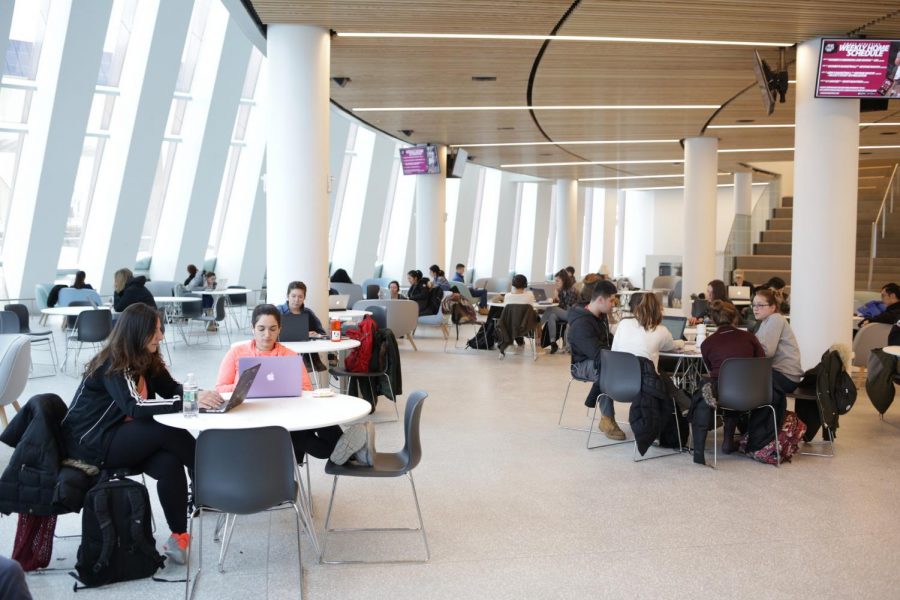I’ve always been good at memorizing. In high school, I learned countless vocab words and their meanings in both English and Latin, the names of bones in anatomy, states and their capitals in geography and all the intricate details of the body processes in biology. Yes, I was skilled at memorizing this various information, but I also never took any pleasure from doing so. It was a purely mechanical process of flashcards and Quizlet, without any sense of understanding the topics I was learning or why I had to memorize them, besides for the next test. However, what all these topics have in common is that I am unable to recall them now, only a year or two later. I could tell you some basic Latin derivatives or, if prompted, tell you that the capital of Alaska is Juneau. But other than that, I haven’t gained much knowledge from the material that I strictly memorized in high school.
In college, I expected that there would be less of a focus on memorization and more of a focus on learning and truly understanding a concept in depth. In some ways this is true for me, although this is mostly due to the fact that I am taking STEM courses that require a deeper comprehension of concepts to do calculations as opposed to just memorization. However, I still need to take general education courses as well. This semester, I chose to take an art history course. Looking over the syllabus at the beginning of the class, I didn’t initially realize just how much memorization would be required for the tests. For example, on my last midterm, we were given approximately 20 photographs of different buildings we had talked about in class and were required to memorize the names, architects, locations and the date of creation for each building, in addition to other various facts about each. We also needed to memorize the definition and examples of an additional 10 terms.
I didn’t know which building or term would be featured on the test, so I had to memorize everything. While I think it was important to be able to recognize the different buildings we talked about in class and be able to describe or compare the different cultural and architectural features of the structure, I didn’t understand why we needed to know so many specific details about each, especially the dates. Having a general sense of when each building was made within the social, economical and political context at the time is important, but unless I am becoming an art history major it is doubtful I will ever need to recall the specific date that the Hagia Sophia or the Church of Saint Foy was built. As this is a general education class, it doesn’t make sense to require students to know such specific dates when most are simply taking the class to fulfill a University requirement and will not be furthering their careers with the information. I would understand memorizing such dates for a higher-level art history course.
Memorization is not the key to learning. Memorizing information can be helpful for understanding concepts in cumulative learning, such as in calculus when students must memorize key derivatives and integrals in Calculus I that will help them perform more complicated applications later on in Calculus III. However, memorizing tiny details like dates seems unimportant because most students will forget the information within the next week anyway if they are not constantly using them. For example, I had my midterm just before spring break started and I have already forgotten most of the information that I memorized for the test.
One of the only ways I think memorization can be a beneficial learning strategy is if information is learned over a period of time and is not temporarily learned just cramming before an exam. However, most college students do not have the time to start studying for their exams weeks in advance due to work for other classes. Thus, professors should instead stress concepts, giving students the tools to create their own ideas and generate their own thinking instead of having them memorize facts or other specific information.
Concepts are what will stick with students long after the semester is over and will propel them through the rest of their college career. Memorizing minute details will not.
Alanna Joachim is a Collegian columnist and can be reached at [email protected].




















a • Mar 20, 2019 at 11:28 am
your WordPress theme is slow